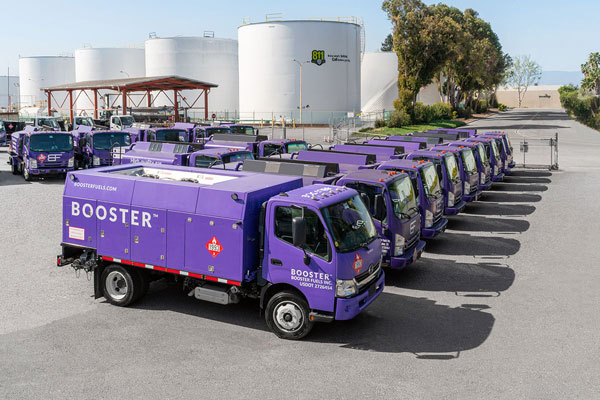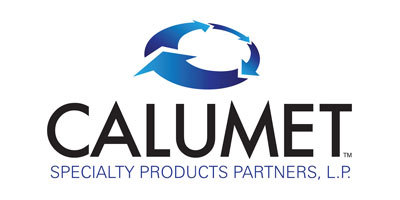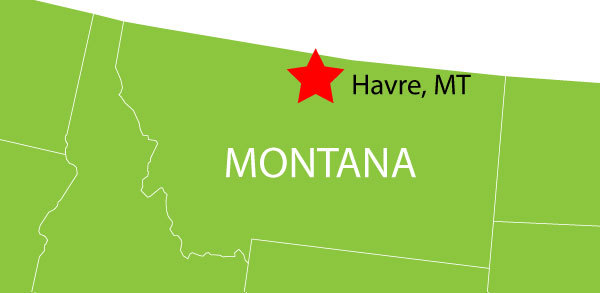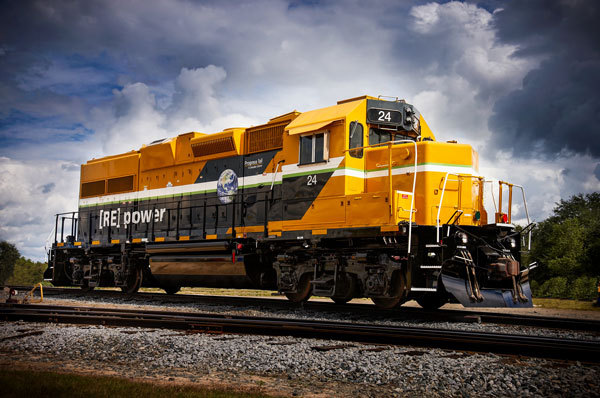Business Briefs









December 22, 2021
BY Biodiesel Magazine
National Biodiesel Board elects new governing board
The National Biodiesel Board announced its newly elected governing board leaders in mid-November, individuals who span the biodiesel and renewable diesel industry. The NBB noted it was an important strategy as the trade association steps into its fourth decade and moves to rebrand itself to represent biodiesel, renewable diesel and sustainable aviation fuel. Elected members include: Chad Stone, Renewable Energy Group Inc.; Chris Hill, Minnesota Soybean Research and Promotion Council; Dave Walton, Iowa Soybean Association; Harry Simpson, Crimson Renewable Energy LLC; Kent Engelbrecht, ADM; Mike Devine, World Energy; and Ryan Pederson, North Dakota Soybean Council.
Greg Anderson, Tom Brooks, Tim Keaveney, Gary Louis, Mike Rath, Rob Shaffer, Robert Stobaugh and Paul Teta remain on the board.
Camelina storage, rail loading facility planned for Montana
Sustainable Oils Inc., a wholly owned subsidiary of Global Clean Energy Holdings Inc., has purchased 45 acres in Havre, Montana, according to a Nov. 19 announcement. The company indicated it is close to selecting a contractor to begin construction of the planned 600,000 bushel storage and rail loading facility for its proprietary camelina grain in Q1 2022.
Mike Karst, Sustainable Oils president, said the dedicated grain facility’s adjacent proximity to the CHS Big Sky-Havre rail siding will enable the company to directly load unit trains of grain to streamline transportation logistics to GCEH’s biorefinery in Bakersfield, California, or other extraction plants.
Beginning in 2022, ExxonMobil has made a five-year commitment to purchase up to 220 million gallons of renewable diesel made from GCEH’s Bakersfield Renewable Fuels refinery in California.
Sustainable Oils' long-term goal is to secure contracts to grow more than 1 million acres of Sustainable Oils camelina varieties across Montana and the High Plains.
Booster, REG partner to offer mobile delivery of sustainable fuel
Booster, a tech-enabled energy delivery service, and Renewable Energy Group, a leading producer and provider of fuels, have partnered to provide mobile delivery of renewable diesel, biodiesel and blended fuels to fleets. The service started in California in August.
Under the new partnership, REG UltraClean Blend and other renewable and biodiesel fuels will be delivered to customers via Booster's proprietary trucks, last-mile technology platform and certified drivers. As part of the partnership, REG will be an exclusive supplier of biobased diesel to Booster and has become an investor in the company. Booster will also be an exclusive mobile fueler to REG, partnering with the company to explore expansion opportunities together.
The REG/Booster collaboration will initially focus on servicing fleet customers in California, starting with the San Francisco Bay Area and Orange County, with additional markets to follow.
First Airbus helicopter flight with 100% SAF
An Airbus H225 has performed the first ever helicopter flight with 100% sustainable aviation fuel (SAF) powering one of the Safran Makila 2 engines. The flight, which took place at the company’s headquarters in Marignane, France, marks the start of a flight campaign aiming to assess the impact of unblended SAF on the helicopter systems in view of certifying the use of SAF blends that exceed today’s 50% limit. The campaign follows earlier unblended SAF bench tests performed by Safran Helicopter Engines at its Bordes plant and will provide further understanding of the technical challenges associated with the use of 100% SAF. The H225 test helicopter flew with an unblended SAF derived from used cooking oil, provided by TotalEnergies, which offers a net 90% CO2 reduction compared to regular jet fuel.
B20 approved for use in Union Pacific locomotives
Union Pacific locomotives will soon be using higher blends of biodiesel. Progress Rail, a Caterpillar company, approved the use of up to 20% biodiesel blend in specific EMD locomotive series operated by the railroad. Previously, the locomotives were approved to operate at 5% biodiesel blends. The updated fuel recommendation comes after testing high-horsepower locomotives used for hauling freight long distances, with performance being monitored for things such as fuel consumption and impact on engine oil and fuel filters. Progress Rail is currently undergoing additional testing and development.
CN, Progress Rail partner with REG to test biofuel blends
Canadian National Railway Company and Progress Rail are partnering with Renewable Energy Group to test high-level renewable fuel blends, including both biodiesel and renewable diesel. Trials and qualifications will include up to 100% biobased diesel The ultimate goal is to gain a better understanding of the long-term durability and operational impacts of renewable fuels on locomotives, especially in cold weather, as well as planning needed modifications to fully leverage their usage over the next decade.
Brazil to maintain biodiesel blend rate at 10% in 2022
The Brazilian Ministry of Mines and Energy announced in late November that it will maintain the current biodiesel previously mandated blend rate of 10% through the year 2022. An announcement issued by the government cites cost concerns as the reason for the action. The decision was made by the National Energy Policy Council.
In August 2020, the government lowered the blend rate of B12 to B10, citing an insufficient supply of fuel and high soybean prices. Blend adjustments were made in mid-2021, but were kept at a level below the statutory target of 13%.
Aemetis to supply Delta with 250 million gallons of SAF
Aemetis Inc., a renewable fuels company, announced an offtake agreement with Delta Air Lines for 250 million gallons of sustainable aviation fuel (SAF) to be delivered over a 10-year term. The aggregate value of the agreement is estimated to be more than $1 billion, including state and federal tax credits.
Delta’s agreement with Aemetis builds on the company’s current effort for a future of net-zero aviation, which includes committing to airline carbon neutrality from March 2020 onward, and aspiring to replace 10% of its conventional jet fuel consumption with SAF by the end of 2030. The aviation fuel is expected to be produced by the Aemetis renewable jet/diesel plant under development on a 125-acre former U.S. Army ammunition production plant site in Riverbank, California. The fuel is expected to be available for use by Delta beginning in 2024.
Calumet launches renewable diesel subsidiary Montana Renewables
On Nov. 19, Calumet Specialty Products Partners L.P. announced a series of strategic transactions in connection with its renewable diesel business, one of which establishes Montana Renewables LLC as an unrestricted, pure-play renewables subsidiary of Calumet.
MRL has closed on a $300 million convertible debt investment from funds managed by Oaktree Capital Management L.P., as well as $145 million preferred equity investment by Calumet.
Calumet, which owns 100% of MRL’s equity, now has operations in Montana that include two fully independent business lines: renewables through MRL, and conventional Canadian crude refining through Calumet Montana Refining LLC.
MRL will complete its in-flight capital projects and is expected to become one of the most advantaged renewable diesel producers in North America.
JGC, Cosmo Oil to build SAF project using Honeywell technology
Per a late October announcement, JGC Holdings Corp. and Cosmo Oil Co. will use Honeywell’s UOP Ecofining technology for the first commercial-scale sustainable aviation fuel project in Japan. The project will convert locally collected, used cooking oil into renewable jet fuel meeting ASTM D7566 standards.
UOP currently has licensed 24 Ecofining units in eleven countries around the world, processing 12 different types of renewable feedstocks.
Startup of the Japan facility is slated for 2025.
Advertisement
Advertisement
Upcoming Events





